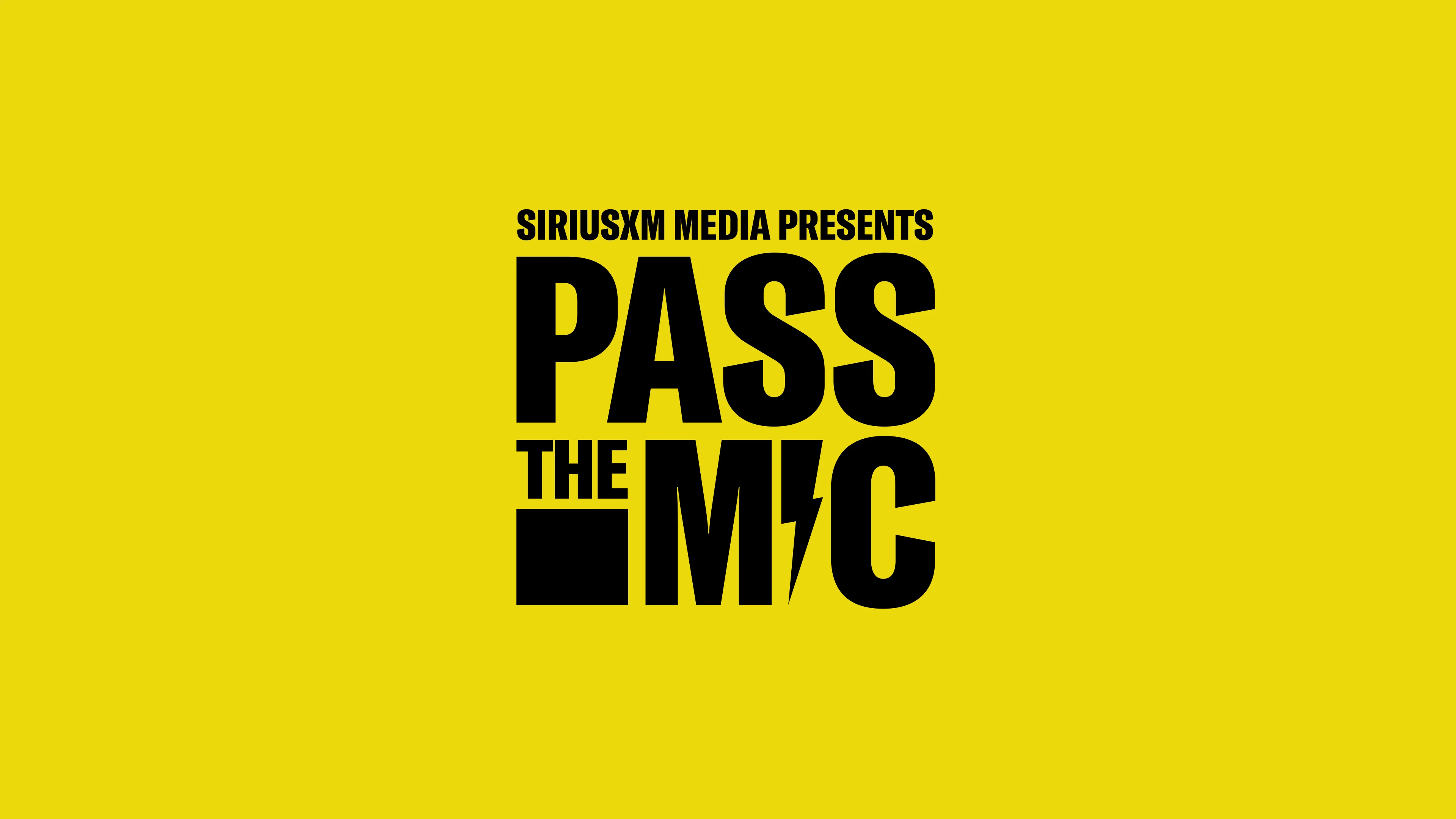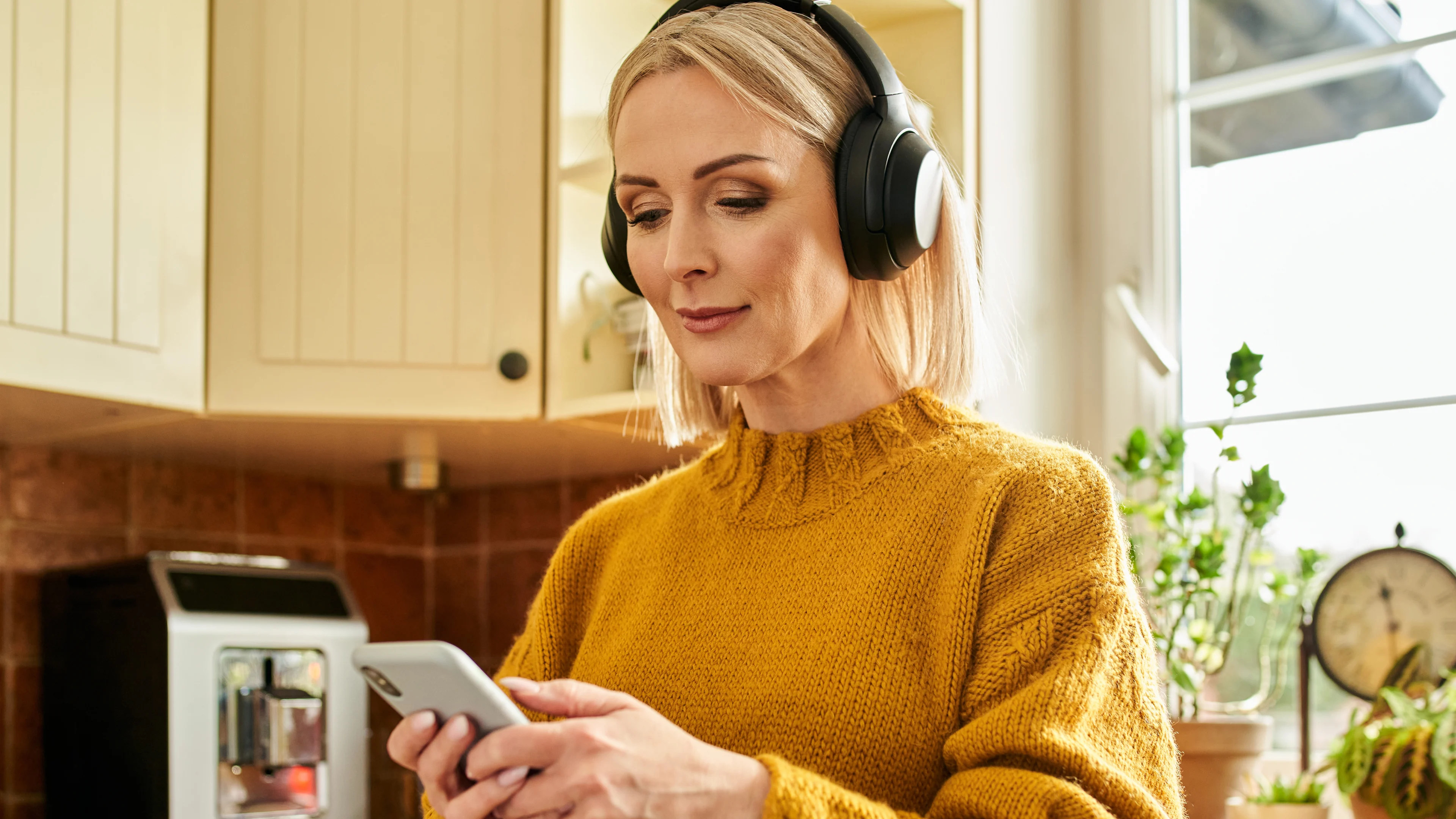What Is Experiential Marketing? The Key Role Audio Plays
Think of your favorite brand. What drives your love for the brand more: the long list of product features or the way it makes you feel? It’s the feeling, isn’t it? Emotional resonance influences a brand’s market share and price point as much as, or even more than, any other product or service quality.
A strategic avenue into your listeners’ hearts is experiential marketing—a powerful way to tap into consumer feelings by meeting them IRL. As omnichannel strategies become more prevalent, experiential marketing will increasingly become a part of the equation. Explore what experiential marketing is, its benefits, and how digital audio plays a role.
What Is Experiential Marketing?
When we get down to basics, experiential marketing is a multi-sensory brand interaction that connects brands to consumers. Combining physical and digital elements, experiential marketing works to create long-term relationships and positive brand associations. These experiences can be as large as a music festival or as intimate as a pop-up retail event.
What Role Does Audio Play in Experiential Marketing?
Emotions have long been known to enhance memory. When an experience is tied to a strong emotion, we’re more likely to remember it. Audio, specifically, evokes strong emotions and helps form memories—making it a key element of experiential marketing. Audio can be the main draw at an experiential marketing event (like a headline performer), or it might be a complementary element to a smaller experience (like chill beats to set the mood).
What Are the Benefits of Experiential Marketing?
Experiential marketing converts in-the-moment brand engagement into long-term brand awareness. But these advantages are just the beginning. Experiential marketing can build loyal and enduring brand relationships.
Improved Brand Awareness and Recall
One of experiential marketing’s key advantages is its ability to boost brand awareness and recall. Think of a consumer seeing their favorite singer perform, receiving freebies from a brand, or sampling new foods and drinks (spoiler: all of these have happened at SiriusXM Media events). Whether a brand is making its presence known through signage, complimentary items, special activations, or alignment with an event’s theme and attendees, these factors can stand alone or be combined to improve consumers’ brand awareness and favorability.
And when audio is added into the mix, it helps create powerful connections and bring back positive memories—and reminders of your brand.
Shareable Experiences
Most events have two things in common: they’re shareable and create FOMO. Social media is an easily integrated part of the experience, and brands can offer consumers perks in exchange for posting about the event online. Or partner with influencers to create even more hype before, during, and after the experience. At this year’s El Pulso event, hosted by SiriusXM and Pandora, we saw over 810K social media and press impressions. In fact, nine in 10 fans intended to post about the event on their social feeds. For experiential marketing sponsors, these social clicks, likes, and shares can translate into an increase in purchase consideration and brand opinion.
Long-Term Relationships
In the short term, experiential marketing gives consumers something to talk about and think back on. In the long term, it creates a connection with a loyal consumer. Whether they were influenced by a freebie, sample, or the experience as a whole, customers can walk away feeling more interested in a brand—especially if they were previously on the fence or unaware of the brand.
At our HBCU Homecoming Pop Out event, 73% of event attendees plan to purchase a product from a sponsor. For those consumers, this could be the first purchase of many. IRL brand engagement doesn’t just influence sales—it establishes emotional connections that sway purchasing decisions long after the event ends.
What's the Difference Between Events and Experiential Marketing?
Not every event counts as experiential marketing. The distinction between events and experiential marketing is in the intent. While event marketing can promote a brand by informing or educating, experiential marketing uses multi-sensory interactions to create emotional brand memories and get on the radar of consumers.
What Other Marketing Types Complement Audio?
The immersive nature of sound creates opportunities for deeper engagement when paired with complementary marketing types. Here's how audio enhances other marketing strategies.
Grassroots Marketing
Grassroots marketing is a long-term play that focuses on building relationships with niche communities (like podcast fans) and ultimately growing through word-of-mouth and community loyalty. With local engagement being a key advantage, brands can leverage this approach with local targeting in audio advertising.
Omnichannel Marketing
Omnichannel marketing boils down to being (almost) everywhere your audience is, but with purpose and precision. Audio is a crucial piece of the omnichannel approach and can be implemented into campaigns in addition to social media, connected TV, video, and more. The omnichannel marketing strategy boosts reach and frequency by providing consistent interactions with listeners across platforms.
Bring the Experiential Campaign, We'll Bring the Sound
At SiriusXM Media, our live events, creator partnerships, and IRL activations attract multi-faceted fans who are ready to engage.
HBCU Homecoming Pop Out
Our annual HBCU Homecoming Pop Out events represent an intergenerational celebration that's central to the college experience. Our third event was hosted at Florida A&M University to connect brands with influential consumers and music lovers. While the centerpiece of the event was a star-studded concert, it was made complete with top sponsors. At this event, Cricket Wireless, State Farm, and Target created unique activations for the 6K attendees—from sneaker cleanings, to makeup services, to charitable donations.
The results speak for themselves: 84% of attendees planned to look for more information about sponsors. And at the previous year’s event, we saw a +107% increase in sponsor consideration for events with majority Black consumers.
El Pulso
El Pulso, Pandora's number one station for Latin music with over 4M listeners, shares the same name as our annual event hosted by SiriusXM and Pandora. Combining Latin culture and excitement, the event shined a bright spotlight on the performance by Manuel Torizo. But the experience wasn’t just about music—it created an immersive experience for fans and valuable opportunities for our sponsors.
From Amazon’s complimentary bluetooth speakers to AT&T’s promotion of a local artist via co-branded tote bags, brands successfully engaged with attendees and music superfans. Each activation created meaningful brand connections throughout the night.
Sponsor awareness hit a high at 85% while 61% of attendees left with a more positive opinion of the featured sponsors.
Let’s Get Experiential
Experiential marketing is a powerful way to connect with your audience and build long-term relationships. Ready to meet your audience IRL—with audio as the main event? Let’s talk.
More Marketing Types to Explore for Audio Advertising
Related Insights
 DE&I
DE&I“Show up where it matters,” Mari Docter from PHD
Feb 19, 2026 Digital Audio
Digital AudioSports Audio: A Game-Winning Strategy For Advertisers
Feb 19, 2026 Digital Audio
Digital AudioEnhance Your Product Advertising Campaign with Digital Audio
Feb 18, 2026 DE&I
DE&I“Leverage your strengths,” Catherine Berger from Grupo Bimbo
Feb 18, 2026







